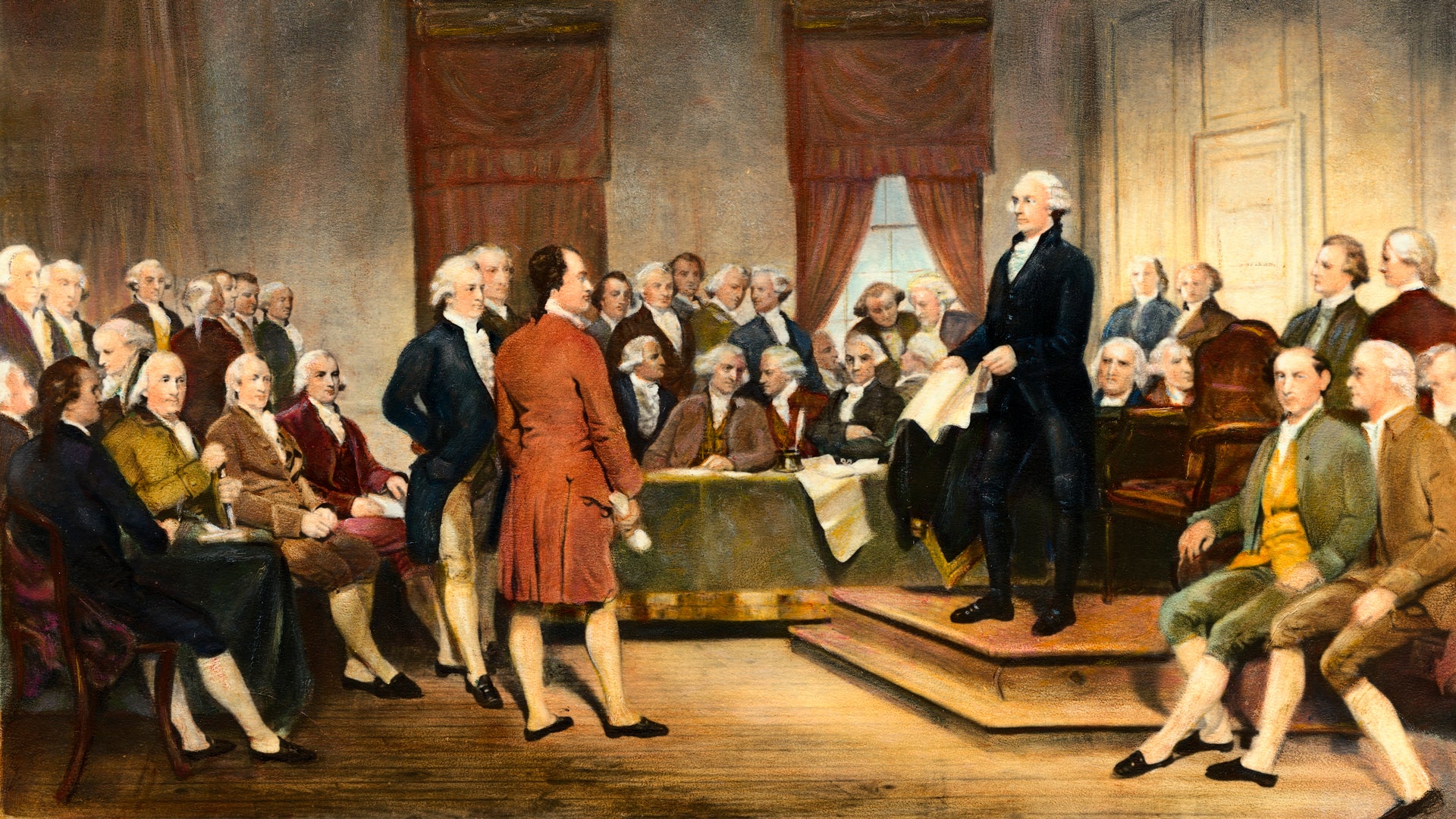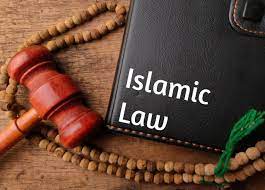TABLE OF CONTENT:
Constitution:
Islamic Law
LEGAL SYSTEM OF PAKISTAN: CONSTITUTION AND ISLAMIC LAW
Pakistan's legal system is a blend of various legal traditions, including Islamic law, English common law, and local customary law. The legal system is organized into several tiers, with the Supreme Court of Pakistan being the highest court of appeal.
In this article we will discuss the constitution and Islamic Law in Pakistan:
Constitution:

Pakistan's legal system is based on a written constitution. The Pakistani Constitution, which was adopted on August 14, 1973, and has later experienced many modifications, is the country's highest law. It replaces the earlier constitutions from 1956 and 1962. According to the Pakistani Constitution, there is a President who serves as the head of state and a Prime Minister who leads the government. The Constitution establishes the basic structure of the government, outlines fundamental rights and freedoms, and defines the roles and responsibilities of various institutions.
There are 280 articles, schedules, and a preamble in the Pakistani Constitution. The preamble of the Constitution states that Pakistan is an Islamic Republic and highlights the value of social justice, freedom, equality, and democracy.
The National Assembly and Senate, the lower and upper houses of the bicameral parliament, are established under the Constitution. While senators are chosen by the provincial assemblies, members of the National Assembly are chosen by a direct vote.
The judiciary is likewise established by the Constitution, and it consists of the Supreme Court, high courts, and other inferior courts. The Supreme Court is the top court in the nation and possesses judicial review authority.
The right to life, liberty, and property, the freedom of speech and expression, the right to a fair trial, and the right to freedom of religion are among the other fundamental rights that are protected by the Pakistani Constitution.
The Pakistani Constitution also has a number of schedules that contain significant clauses about the division of powers between the federal and provincial governments, the enumeration of fundamental rights, and the list of official languages. These schedules are in addition to the main text of the Constitution.
In general, the Pakistani Constitution is a significant document that establishes the foundation for the nation's governance and defends the rights of its people.
Islamic Law:

Pakistan is an Islamic republic, and Islamic law (Sharia) is an important source of law in the country. However, the application of Sharia is limited to personal status laws such as marriage, divorce, and inheritance. The Federal Shariat Court is responsible for interpreting Islamic law in Pakistan.Islamic law may be applied both federally and provincially in Pakistan, according to the legal system. Islamic law-related laws that apply to the entire nation must be passed by the federal government, while those that apply exclusively to a particular province must be passed by the provincial governments.
Islam is acknowledged as the official religion of Pakistan by the constitution, and Islamic law is applied in a number of legal contexts, including family law, inheritance law, and criminal law. The Pakistani legal system is a blend of Islamic and secular law, with secular law governing some areas.
One of the four Sunni schools of thought in Islamic law, the Hanafi school of jurisprudence, is the foundation of the Islamic law that is applied in Pakistan in family law concerns. Islamic law serves as the primary foundation for the laws governing marriage, divorce, and child custody. Courts use this law to make decisions in instances involving family issues.
Islamic law influences how certain crimes, such as theft and adultery, are punished within the criminal law system. The proper punishment in these situations may be determined by the courts using Islamic law.


You must be logged in to post a comment.